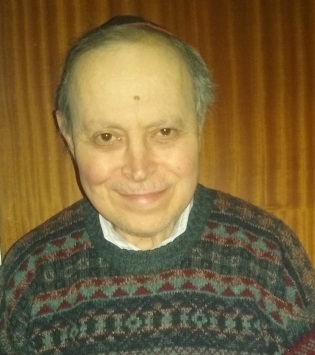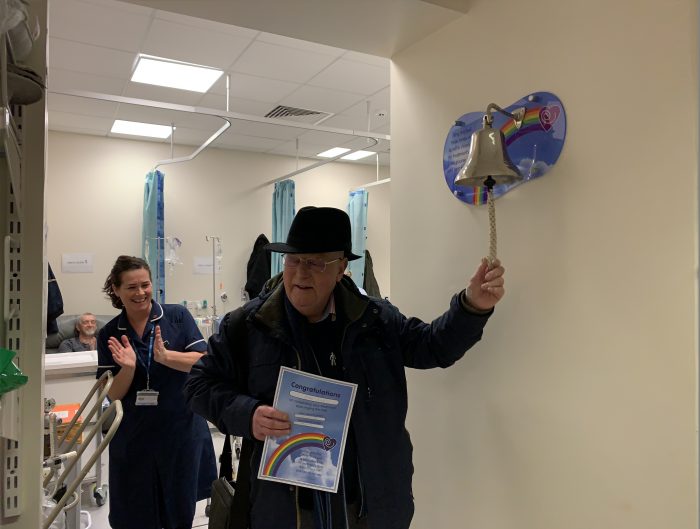- Posted: 05 August 2020
- Tagged: Prostate Cancer Stories
Peter’s Story
Peter Smith shares his experience of prostate cancer
This is a story from an patient with prostate cancer in the UK, US experiences may differ.
If you have been affected by prostate cancer and want to share your story, please email patientvoice@pcr.org.uk or click here for more information.
“My PSA has been undetectable since my prostate was surgically removed in 2008 and my consultant surgeon believes I shall never have prostate cancer again.
Peter Smith
I always read the interesting personal stories in the PCR newsletter with a mixture of emotions. These stories are often written by men who are having a tough time because they have advanced prostate cancer – they suffer side effects of treatment and they may worry about premature death. They are brave to tell their stories so frankly.
Because I no longer have prostate cancer, I feel relief. My PSA has been undetectable since my prostate was surgically removed in 2008 and my consultant surgeon believes I shall never have prostate cancer again.
Prostate cancer starts in the gland and is initially confined to it. During this period, radical surgery is an option and can lead to a possible cure. An old friend of mine, who will be 88 in December, was always worried about getting prostate cancer. We used to talk about it and I learned more about the disease. He did get it, over 20 years ago, his prostate was removed and his cancer has never recurred.
I realized that the key had to be detecting cancer early, so when I was 60, although feeling very fit and well, I started having an annual PSA test. The reading was slightly higher than it should have been. Two years later, I had it tested again and it was still rather too high. I spoke to my doctor again and decided to consult a urologist. There were many tests: blood tests, a biopsy, two scans, a test to see if I had other urinary problems and then: “Well, you have early stage prostate cancer.” I was very concerned but quite calm. I felt that there was time to take further advice, do some more study and then to make a balanced decision.
During this time I was given a copy of an American book: “How to survive prostate cancer” by Dr Patrick Walsh [note to readers: whilst Peter found this book useful, PCR has not read or fact-checked ‘How to survive prostate cancer’ so the charity is unable to officially endorse it]. It is a long comprehensive book and I read it carefully. I finally decided that the best option was to have my prostate removed and in February 2008 the operation was done, robotically and skilfully in London. It’s a serious operation. It has side effects and there is a recovery time, but it worked totally.
“I never worry about prostate cancer now: my concerns are for those who are less fortunate - those who need better control of advanced cancer, those who want a longer life with their loved ones. For this reason I am a supporter of Prostate Cancer Research: to help those for whom prostate cancer is still a continuing fear.
If you have been affected by prostate cancer and would like to share your experiences, email patientvoice@pcr.org.uk or click the link below for more information.







